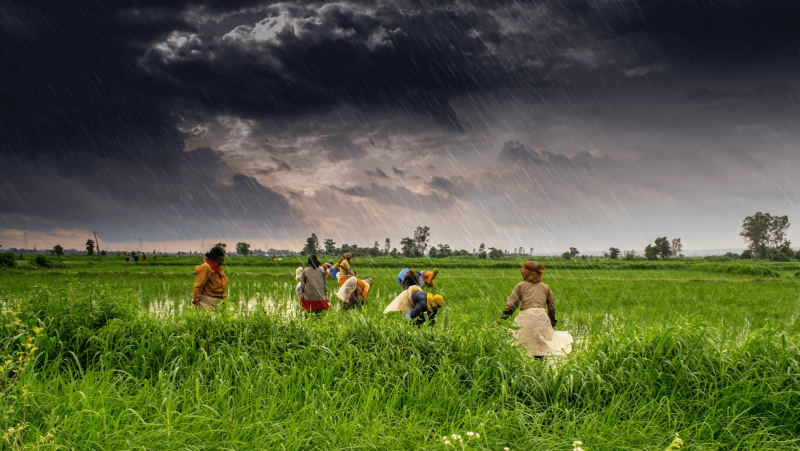The 21st Agence Bio barometer sheds new light on the causes of France’s disenchantment with organic products.
If for a time we wrongly thought that the market would automatically allow organic farming to develop, it is clear that this is not the case today. After several years of slowdown, the players most involved in this production system now recognize that organic is going through a serious structural crisis.
And the shock is severe: in 2022, the areas in the first year of organic conversion decreased yields by 40%, while in 2023 the economic losses for farmers in organic farming were estimated at 250 to 300 million euros.
And that’s not all. Still according to the Agence Bio barometer, the French are less and less convinced by the health or environmental claims of organic.
“One in two French people express doubts about the veracity of organic products,” indicates the survey, which notes that only 41% believe they have enough information regarding the impact of organic products on health (down 4 points) and 39% regarding environmental impact (also down 4 points).
Clearly, the communication adopted for years by the main organic players, which consists of highlighting the supposed health and environmental virtues of organic consumption, is working less and less. And this also applies to regular customers of organic brands, of whom today only 30% say they eat organic at least once a week, compared to more than 50% three years ago.
[Editor’s Note: This article has been translated from French and edited for clarity.]































